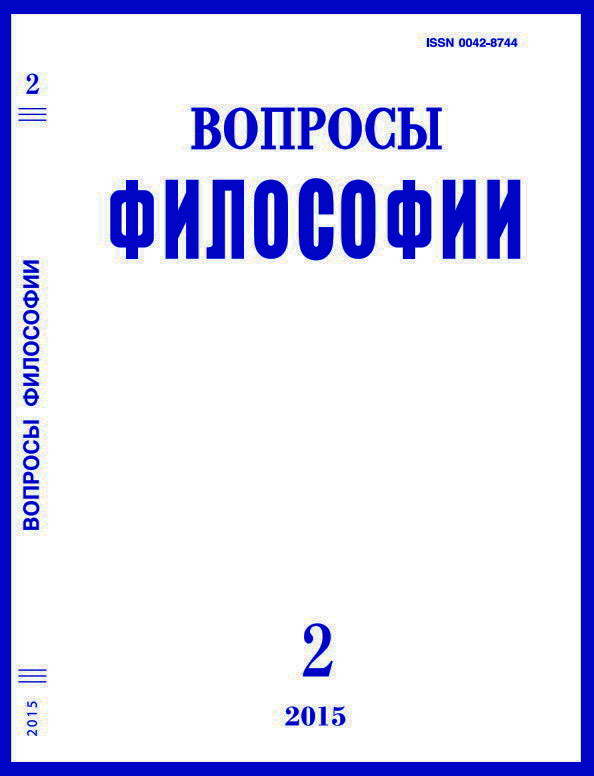Nominal Negatiion of Parisian Franciscans in 1320th-s
Keywords:
negation, contradiction, Aristotle, Francis of Marchia, Francis of Meyronnes, Walter Burley, Giraldus Odonis.Abstract
The Parisian Franciscans of the 1320-s – Francis of Marchia, Francis of Meyronnes – were
using by that time the commonly accepted notion of the “incomplex contradictories” which
are formed with the nominal negation. This notion sprang partly from the ambiguity in Aristotle,
whose works led to the diametrically opposite treatments of negation. The 1320-s witnessed
the turn in Parisian philosophy from the concept of the “incomplex contradictories”
to an idea that to make the contradiction, the negation sign should be put at a verb. The key
thinker of this “turn” was Giraldus Odonis, who severely criticized the notion of the “contradictoria
incomplexa”. His critique was directed at Burley, yet the Franciscans who were in
Paris in the 1320-s – Francis of Meyronnes among them – might have well been aware of Giraldus’
arguments. Thus, Francis of Meyronnes is defending his peculiar views on contradiction
and negation in the short treatise “On the First Complex Principle”, where he answers to
the arguments that may have been put against him by his confrere at the Franciscan studium.

